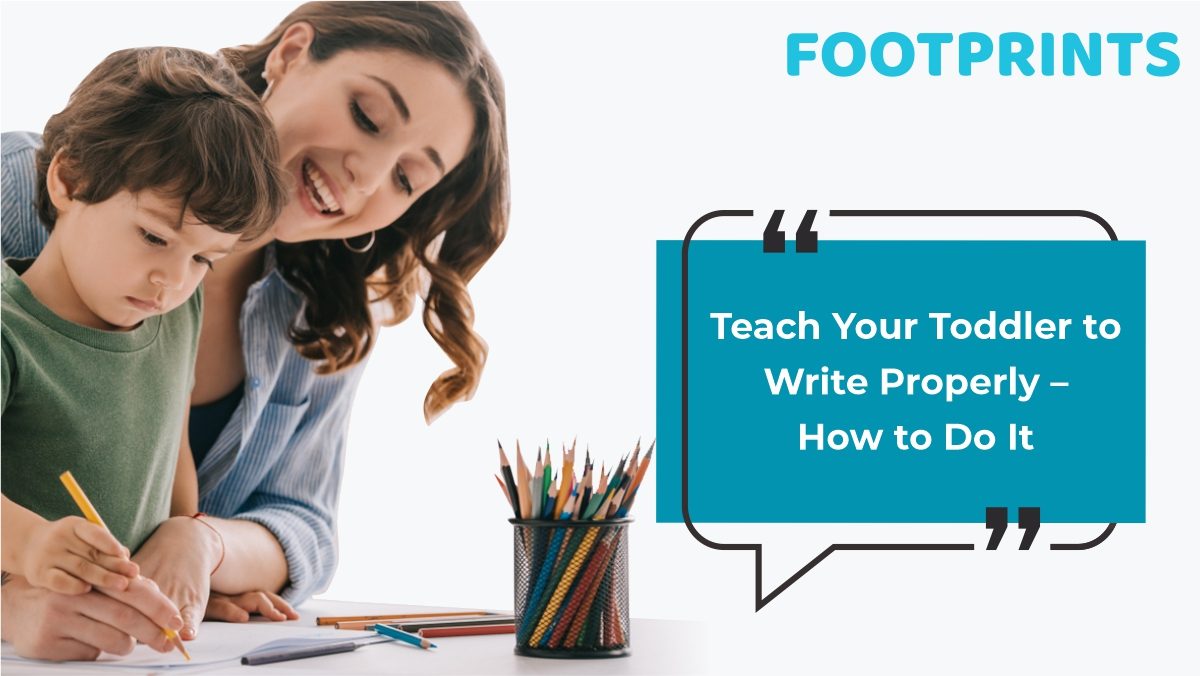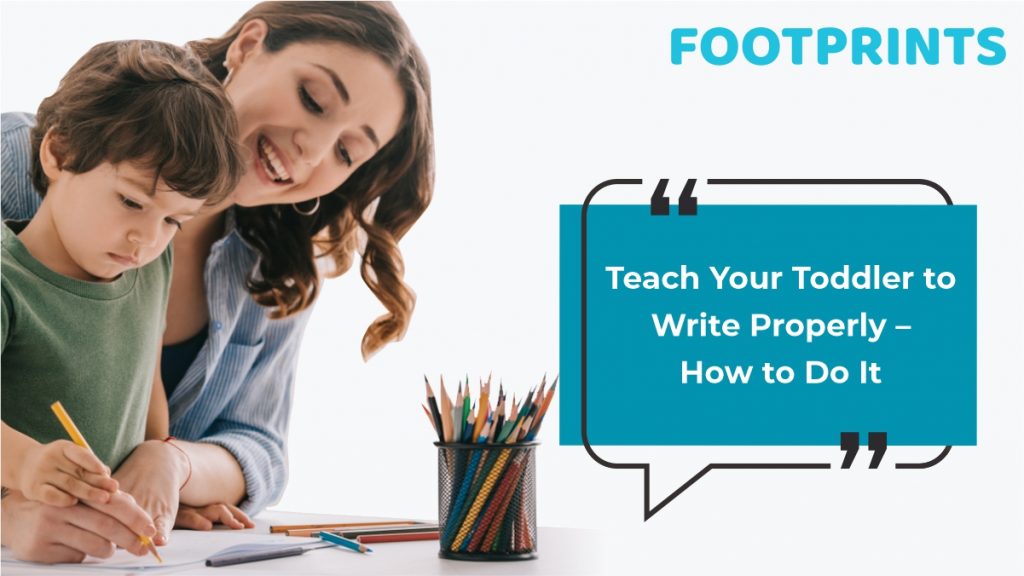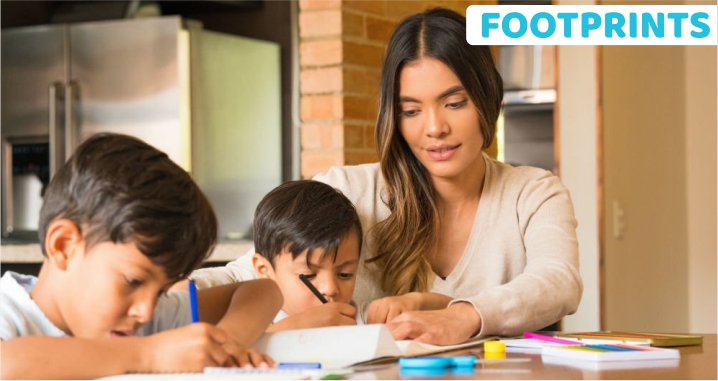

Writing is an indispensable life ability, and it is important to teach so to your little human. While children can be a bit tough and clingy at times, we have the perfect solution for you. It is very important to teach your toddler to write when they are still in their adaptive phase.
Kids may not be able to jump straight to the writing part but will reach the last step through various toddler activities, toddler games, and books. All you have to do is to follow some steps, and voila, your kids will start writing before you even imagine them to. So just stick to this piece where we are going to tell you everything and anything about how you can teach your toddler to write.
• Let Them Scribble, Draw, and Paint
Yes! It is known that scribbling is the most efficient way through which children get to writing. Through scribbling, they get an idea about how to hold the pen and pencil. Along with that, they also get to know about the flow on paper. While you want to encourage your child to write, you should first encourage them to draw in the first place.
Usually, kids develop a liking for drawing and painting as soon as they reach the age of two, and that is the time when you should start with activities for toddlers at home. Crayons are the safest when it comes to kids and looks interesting as well. So get some toddler books and crayons, and spare some time to do a fun activity with your child.
You will be surprised to see how a small activity will lead your child onto the road of writing. So, are you excited enough?

• Get Them Story Books
At the same time as everybody questions, can a three-year-old child write? Nobody, in fact, knows the real stuff. There are story books for toddlers available in the market where they leave blank spaces in the pages for the kids to write and draw the characters. Usually, institutions like playschools, preschools, and daycares use the same techniques, but if your child is brought up at home, you can do the same thing.
You can encourage your child to write by reading out the story and asking them to name the character and even draw them. Once they get the hang of it, it is an easy path ahead. So the key is to develop an interest in the child towards something which will require writing and scribbling.
• Start Slow and Steady
Patterns can be your best friend in this process of teaching your child how to write. When we say start slow, you really need to be slow and introduce your toddlers to shapes first and then the alphabet. Shapes like straight lines and circles mark the foundation of the alphabet and make it comparatively easy to learn them afterward. So hand your child a bunch of color, full crayons, and sheets. With just enough material, they will themselves learn the drill.
Another thing you can do to fasten up the process is to make some connecting dots on the paper of alphabets or shapes. Kids are usually excited when you let them be the adult and leave the job to them. So when you ask them to draw the patterns by connecting the dots, they will be more than happy. By doing this, you will teach them the way alphabets are written, and just with a few repeated sessions, your toddler will be a pro.

• Tell them Writing is Special
The last thing you can do to build your kid’s interest in writing is to tell them how special it is to be able to write. It may sound like something that does not work but trust us, it does. We often get messages like how to teach a child to write letters. Well, you can only teach them if they want to be taught. Little children are very fascinated with colors and cards, so you can incorporate these into their routine.
Say their friend’s birthday is around the corner, and they want to do something. You can tell your kid that writing is a love language and their friends would love it if they would write them a letter or even make them a card. This way, toddlers would try their best to impress their friends and learn writing along with the way itself. Sounds cool, right?
Conclusion
Which method was the one you found the best for your child? We hope to have served you the purpose. Incorporate all or a few of these tips and tricks in the process of your kid’s learning, and you will thank us later. So what are you waiting for? Get started and visit us again for more ideas!

Amita is an experienced educator with over 30 years of experience. She has an outstanding understanding of child development, having worked with various age groups for prestigious businesses. She has been dedicated to handling Footprints’s Curriculum and Delivery department for the past decade. Amita’s credentials include being one of India’s few HighScope Curriculum certified trainers and volunteering as a course leader for Landmark Education, the world’s largest training firm.

